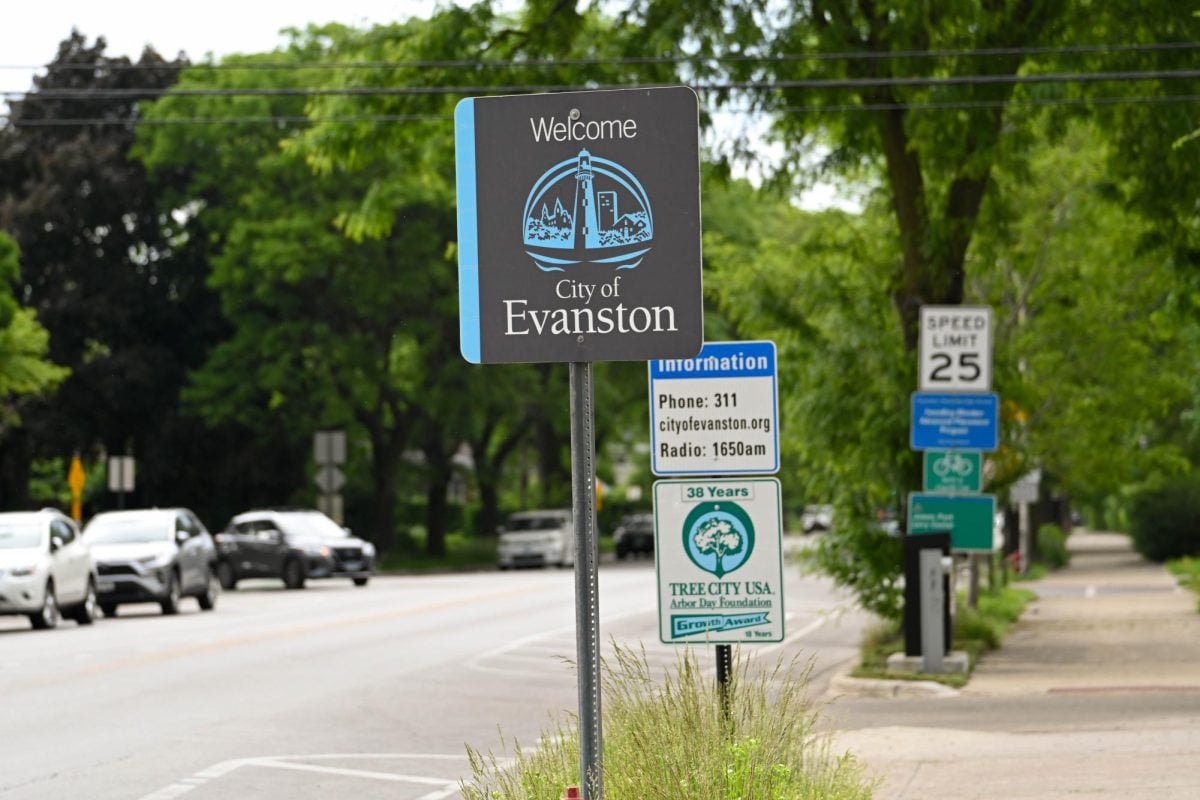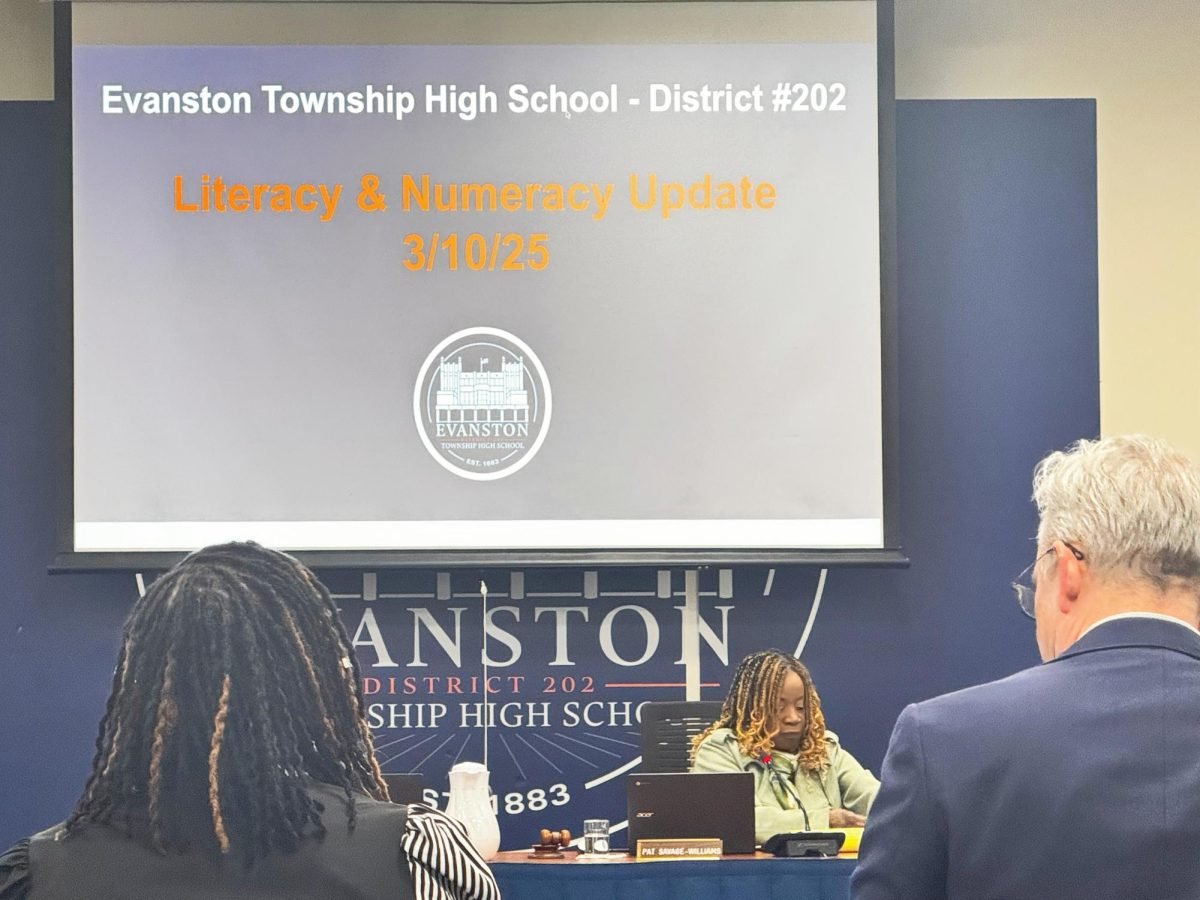Evanston kicked off 2025 with the enforcement of new city ordinances, state laws and legal amendments, including the 294 state laws the Illinois General Assembly put into force on Jan. 1.
New legislation implemented in 2025 includes 294 state laws the Illinois General Assembly put into action last week. The Daily recaps five of the most influential local and state laws affecting Evanston residents.
Residential Landlord and Tenant Ordinance
The city’s Housing and Community Development Committee amended its residential landlord and tenant regulations in July to include 13 policy changes.
Evanston now provides greater protection for tenants by extending the lease non-renewal period from 30 to 90 days and requiring additional fees to be disclosed.
All Evanston leases now contain summaries of the updated ordinance for landlords and tenants to evaluate.
Higher state minimum wage
Illinois raised the state minimum wage for adult employees to $15 an hour, a raise from the $14 hourly wage enacted last year. Legislators also raised the minimum wage for employees under the age of 18 from $12 to $13 an hour.
This change follows a failed City Council proposal to set the city’s minimum wage above the state and county levels. The plan from last spring proposed to raise the then-$14 an hour rate to $15.50 for employees in businesses with less than 100 employees and $16.25 for employees in businesses with over 100 employees. The change would have raised the minimum wage in Evanston higher than the standard set for Cook County, Chicago and Illinois.
Tenant protections
Illinois House Bill 4768 enacted the Landlord Retaliation Act, an expansion in tenant protections from the now-repealed Retaliatory Eviction Act. The new act prohibits landlords from retaliating against tenants through various ways, including raising rent, decreasing services or threatening legal action. Landlords violating the act are subject to civil action for damages.
Under the new legislation, tenants are entitled to recovery of security and interest, possession of premises, reasonable attorney fees and either two months’ rent or twice the amount of damages the tenant sustained.
Greater transparency in job postings
In an amendment to the Equal Pay Act of 2003, the law now requires all employers with over 15 employees to list salaries and benefits in their job postings in all areas where the posting is accessible to prospective applicants.
As a result, applicants can ask for the full extent of employee compensation and benefits in the hiring process without facing retaliation from employers.
The requirement extends to in-person jobs performed in Illinois as well as remote job offerings with supervisors based in Illinois.
Reproductive health protections
As of Jan. 1, the Illinois Human Rights Act protects individuals from unlawful discrimination for their reproductive health decisions in all areas covered in the act, including employment, credit access, housing and public accommodations. The General Assembly enshrined the amendment in August, adding reproductive decisions to the ranks of other protected statuses like race, religion and sex.
Protected decisions include use of contraception, abortion, fertility or sterilization services, and health care throughout all stages of the natal process.
Email: MarisaGuerraEcheverria2027@u.northwestern.edu
Related Stories:
— City Council passes $395 million budget with no property tax increase
— New laws for the new year: Six laws affecting Evanston residents in 2024
— New year, new laws: Nine laws affecting Evanston residents in 2023






